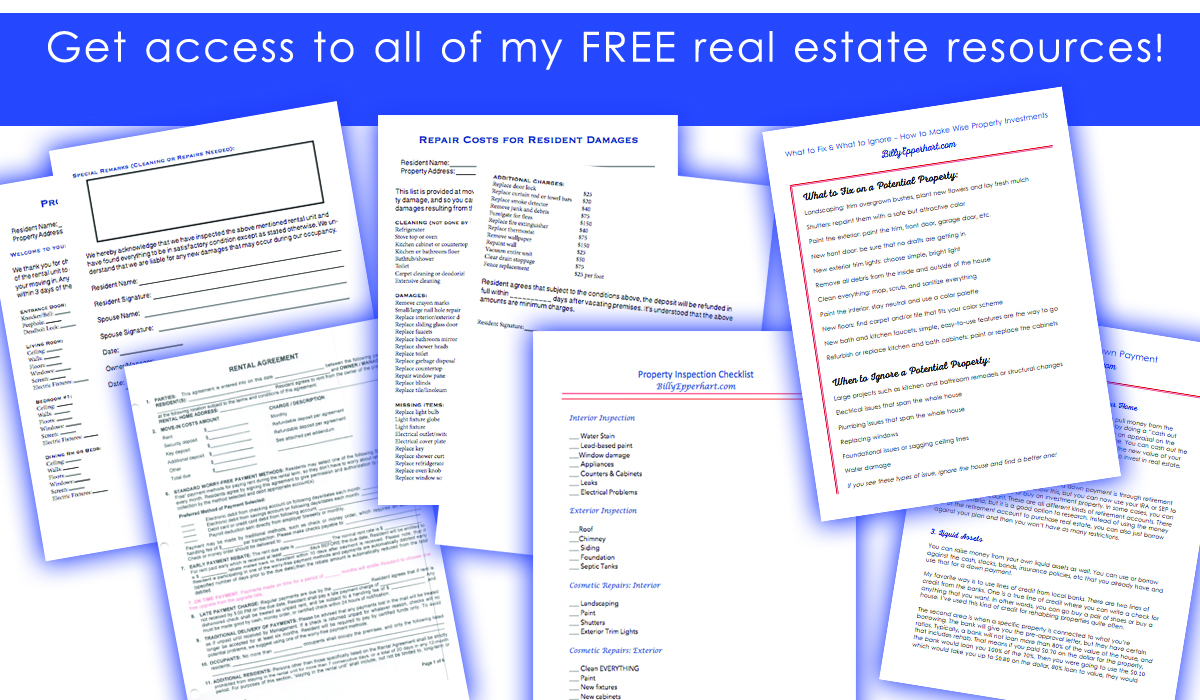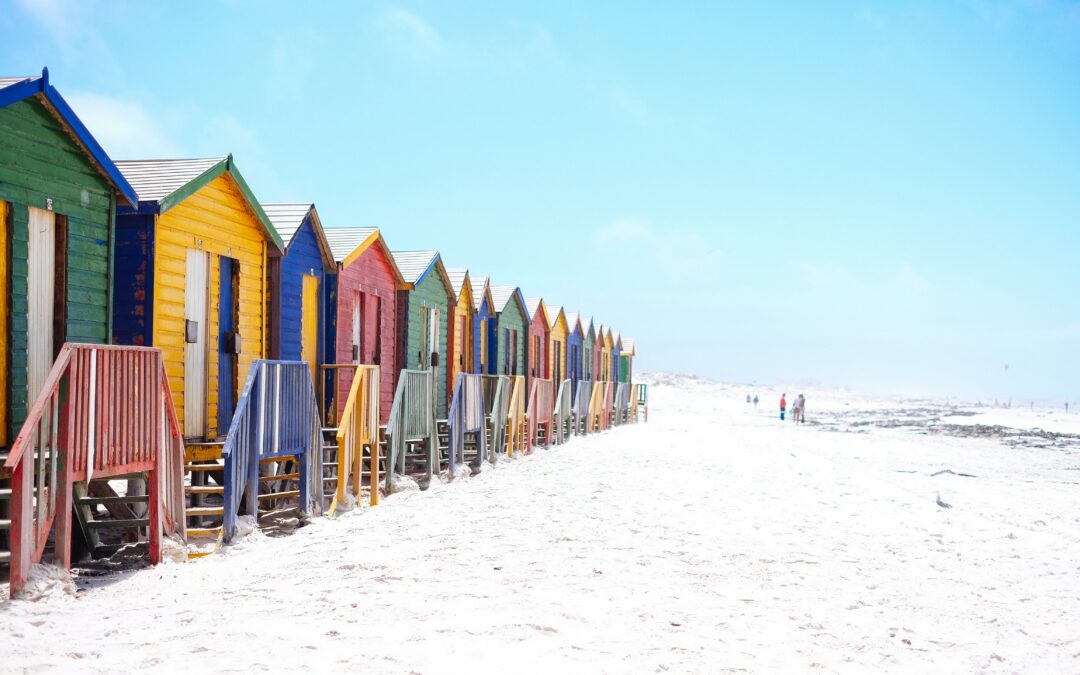Have you ever thought about purchasing vacation property? While it may not be a great idea if you purchase the property solely for personal vacationing, vacation properties can make excellent investments!
Consider some of these facts:
- On average, vacation homes appreciate twice as fast as other single family homes.
- There will be approximately 1,000 second-home purchases a day for the next decade. Demand is high!
- Many second home buyers will pay more for their second home than their primary residence.
Take it from me – investing in vacation property is a good idea. This post includes some of the very best advantages of investing in vacation property.
Four Advantages of Investing in a Vacation Property
1 | Short Term Rentals
One of my favorite advantages to owning vacation properties is what I call short term rentals. This refers to people who will rent the property over a weekend or high vacation season, which is typically during the months of December through March. You can have a management company that will handle everything so that you can remain hands off.
Ultimately, your goal is to only rent the property for part of the year during the vacation season. Then, you can use the property for the rest of the year for basically no cost. The people that rent the property are paying it down while you enjoy the appreciation and use of the property.
What does this mean for you? Well, free vacations! It’s also an awesome feeling to be able to give the gift of a vacation to friends or family.
2 | Substitution
Another advantage is substitution. Whenever you take a vacation somewhere, the cost can get pretty high. A week at the beach can amount to thousands of dollars! I suggest you take the amount of money you would have spent on a vacation and allow that money to help you purchase a vacation property. You will create value when you’re done with the vacation, and you’ll have an asset to produce extra income.
All in all, you can have a great time at your own vacation property with your family and create years of traditions and memories.
3 | Capital Gains Exclusion
Another advantage is the capital gains exclusion. If the vacation home is considered a second home at the time that you sell it, you can use it as a part of your retirement portfolio. Let me explain that: to be considered a second home, you must live in that home for 2 of the previous 5 years before you sell it. By doing so, you can make up to $500,000 as a married couple tax free on that property. In addition to the tax advantages, you get the enjoyment of the property. Plus, owning a vacation home is relatively low maintenance, low headache, and you get to substitute your vacation dollars and the government still allows you to pocket $500,000 tax free!
People will pay a strong five figure-a-year income tax bill and never consider how a vacation property could help lower their taxes. Don’t be one of those people! If you’re in a 25% tax bracket and you purchase a $300,000 property, you could save around $6,000 to $6,500 dollars a year just off of your taxes alone. That money can then be put toward purchasing the property.
4 | Leverage
Finally, one of the biggest advantages of vacation properties is leverage. If you put $10,000 in the stock market, it would buy $10,000 in assets. If you receive a 10% return on that investment annualized, that’s a $10,000 return that you made on your $10,000 investment. If you purchase real estate, you can actually take the same $10,000 in cash, and instead of purchasing $10,000 in stock, you can purchase $100,000 in real estate because you would have 10% down, and a lender will loan you the other 90%. You now have a $90,000 loan on the property.
If that property returns 10%, you would get $10,000 on $100,000. This gives you 100% cash-on-cash return for the $10,000 that you put in. Additionally, you will receive cash flow, which would ideally be $100 a month on this example property. That’s $12,000 a year on one property.
Appreciation is a huge advantage, especially in real estate. If you have a property that is worth $300,000 and it appreciates 6% in a year (which has been the average for the past 40 years), that’s an $18,000 return on a $300,000 vacation property.
As you can see, the advantages of owning vacation property are incredibly powerful. So, back to my question at the beginning: have you ever thought about buying a vacation property? If not, what’s holding you up? Share with me in the comments and I’ll do my best to reassure you!





WOW! Definitely going to look into investing in vacation properties for my real estate portfolio. Your blogs are always good. I just finished reading your book Money Mastery and it was great. I’m going to read it again. Thanks for sharing
Thank you for your comment, Kenisha! I am so glad to hear that you enjoy the blog and my Money Mastery book. That is really awesome! God bless you!
One of the best post I read about Real estate.I just go through the blog and feeling amazed it explain all technical terms in very easy manner.Thanks!! BIlly. Thanks for sharing .Hope you will write many blogs for us.
Hi George,
Thank you so much for your comment! This is exactly why I do what I do.
Blessings,
Billy Epperhart
I have to show my appreciation for your blog articles on your WealthBuilders site, been following from Spain here for a while now. Thanks for all the great tips! Good job, and all the best for the future.
Hi Damian,
Thank you so much for reading our blog!
Blessings,
Billy Epperhart